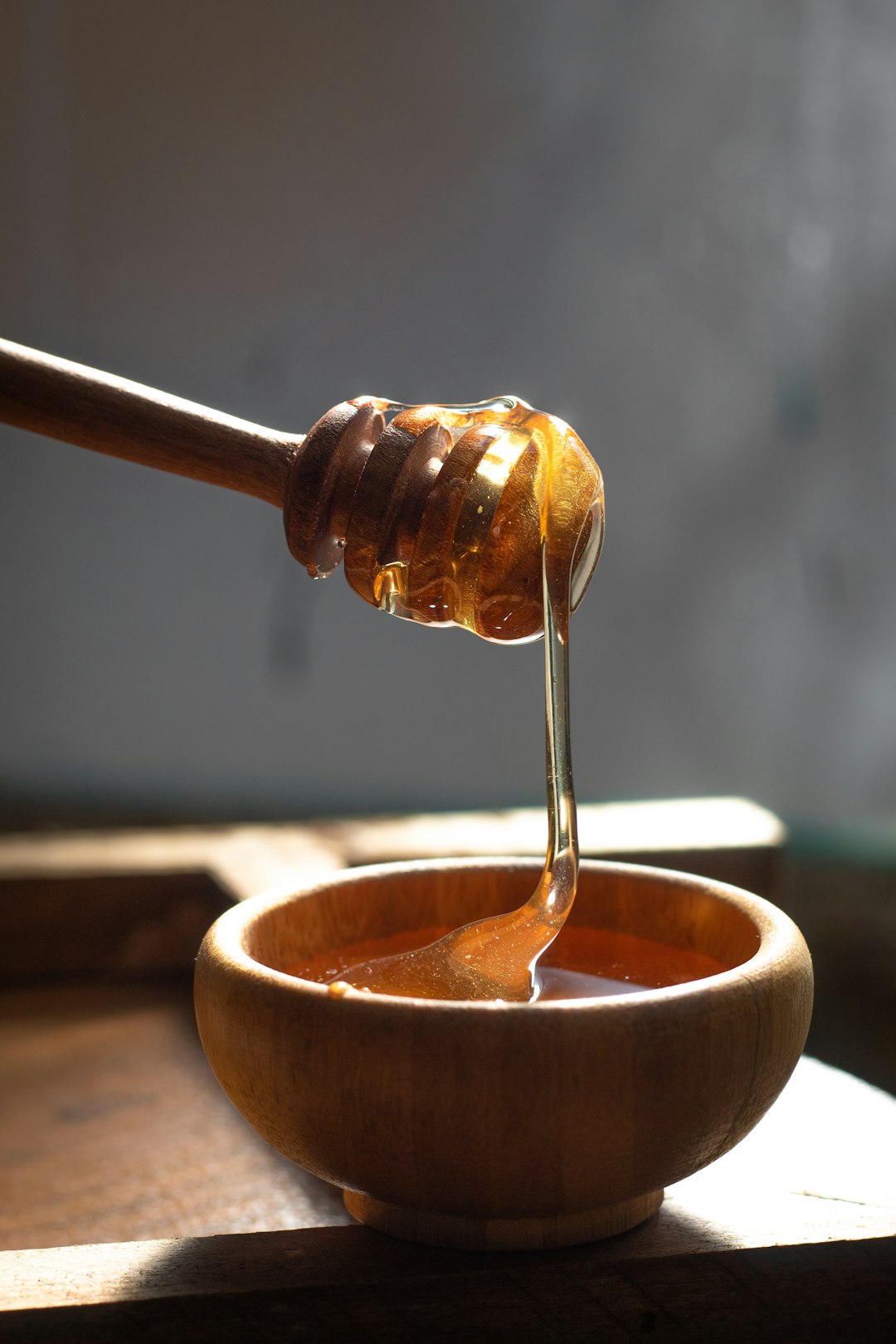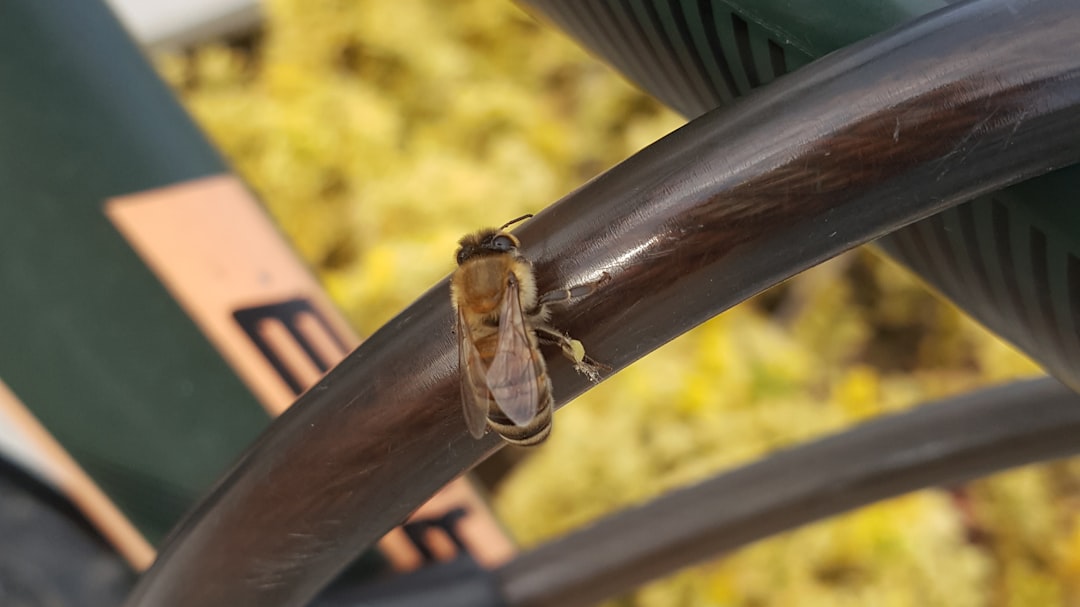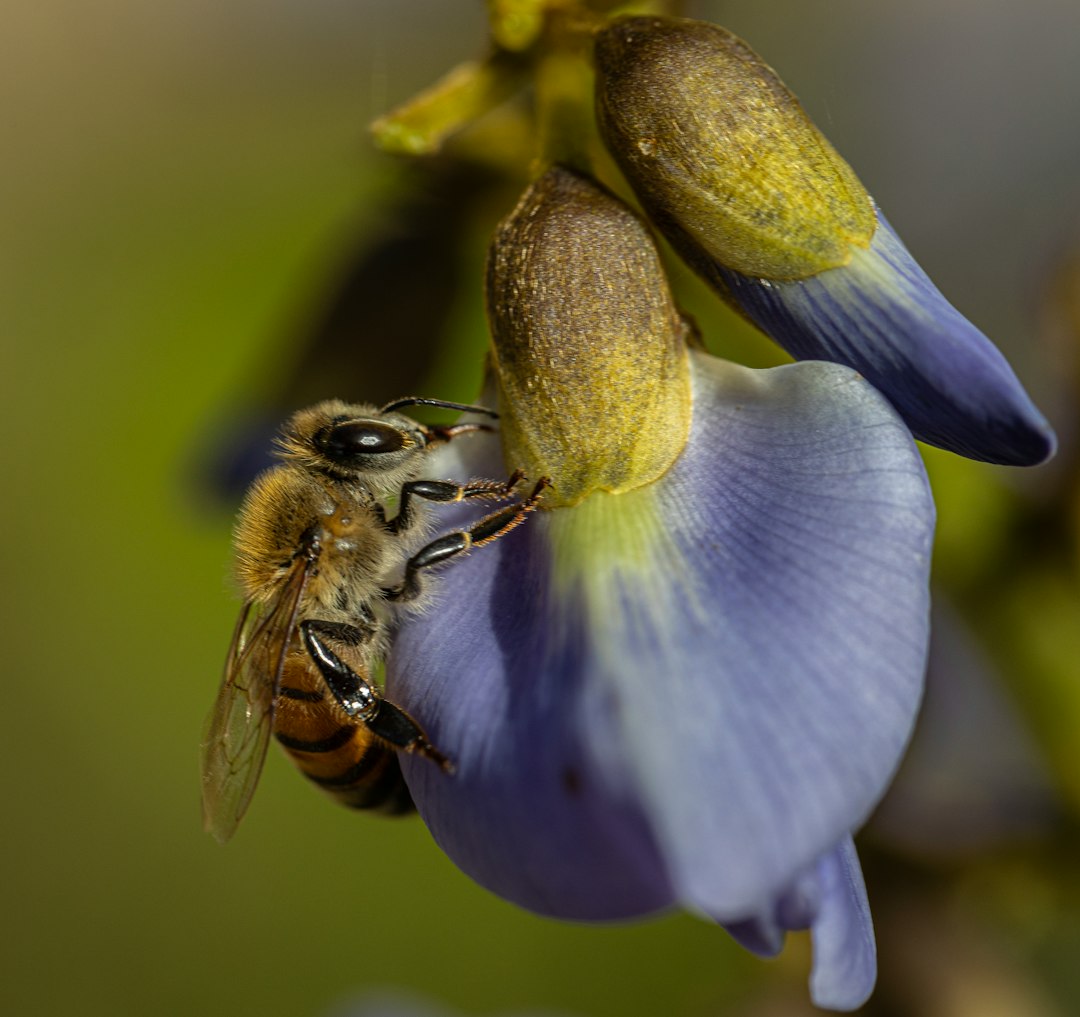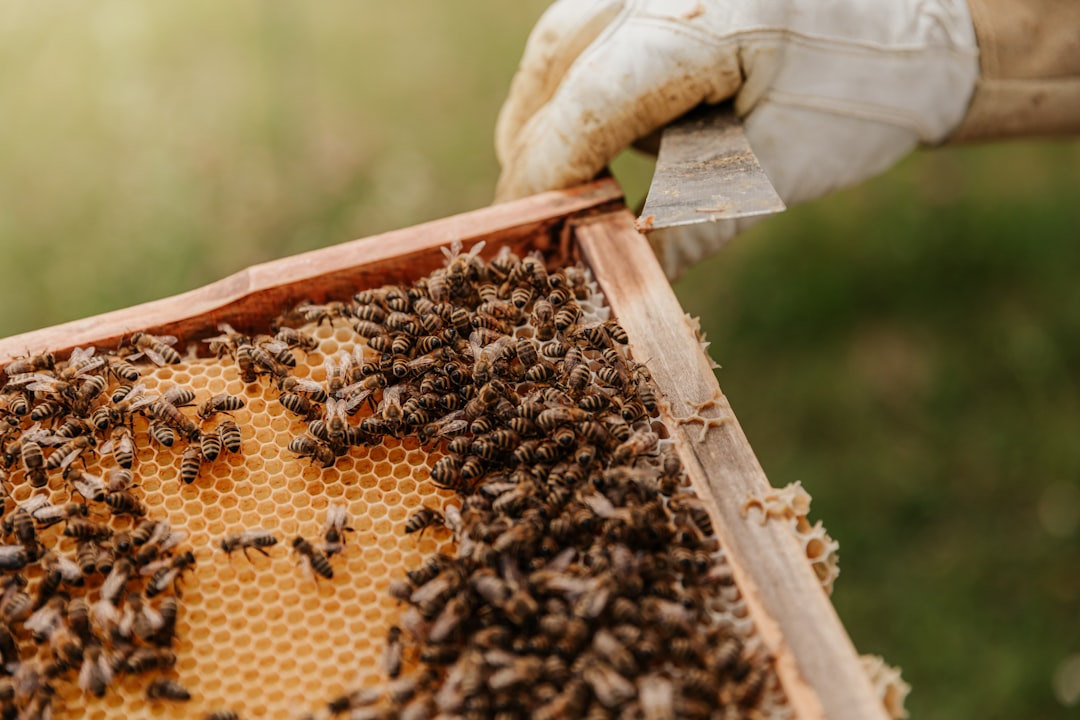When most people think of bees, they imagine buzzing wings, yellow stripes, and maybe a sting or two. But behind that tiny insect is a massive impact. The truth is, we need bees far more than we realize—and if they were to disappear, our world would look and feel very different.
So let’s talk honestly about why bees matter, what they actually do, and what’s at stake if we don’t protect them.
They Do More Than Make Honey
 Honey is the most obvious thing we associate with bees. It’s sweet, natural, and has been part of human diets for thousands of years. But if honey disappeared tomorrow, we’d survive. What we wouldn’t survive is the loss of something even more important: pollination.
Honey is the most obvious thing we associate with bees. It’s sweet, natural, and has been part of human diets for thousands of years. But if honey disappeared tomorrow, we’d survive. What we wouldn’t survive is the loss of something even more important: pollination.
Pollination is the process that allows plants to reproduce. Bees collect nectar from flowers, and in doing so, they carry pollen from one plant to another. That simple act helps fruits, vegetables, and seeds grow. Without it, plants can’t make the next generation of food.
Roughly one-third of the food we eat relies on bees and other pollinators. Apples, almonds, blueberries, cucumbers, melons, avocados, and so much more exist because bees do their daily work—quietly and for free.
Your Plate Without Bees
 Imagine walking into a grocery store without bees. The produce section would be almost empty. No berries. No broccoli. No onions. No squash, peppers, pumpkins, or pears. Coffee and chocolate? Gone or incredibly rare. Prices on the few remaining items would skyrocket because farmers would have to pollinate by hand—or harvest a fraction of what they used to.
Imagine walking into a grocery store without bees. The produce section would be almost empty. No berries. No broccoli. No onions. No squash, peppers, pumpkins, or pears. Coffee and chocolate? Gone or incredibly rare. Prices on the few remaining items would skyrocket because farmers would have to pollinate by hand—or harvest a fraction of what they used to.
This isn’t a distant scenario. In some places, like parts of China, farmers already hand-pollinate crops because bee populations have collapsed. It’s slow, expensive, and nothing like what bees can do naturally.
Bees Keep Nature in Balance
 Bees aren’t just helping the food we grow. They also support wild plants, which feed and shelter birds, insects, and animals. When bees pollinate flowers in meadows, forests, and gardens, they keep those ecosystems alive.
Bees aren’t just helping the food we grow. They also support wild plants, which feed and shelter birds, insects, and animals. When bees pollinate flowers in meadows, forests, and gardens, they keep those ecosystems alive.
Without bees, biodiversity suffers. And when biodiversity suffers, the entire chain of life begins to weaken. We lose the balance that keeps nature healthy, from the soil beneath our feet to the air we breathe.
So Why Are Bees Disappearing?
Over the past few decades, bee populations have been shrinking due to a mix of problems:
Pesticides that harm or confuse them
Loss of wildflowers and natural habitats
Diseases and parasites, like the varroa mite
Climate change, which affects the timing of flowers and seasons
Each of these things alone is a problem. Together, they’ve created a crisis.
Can We Survive Without Bees?
Technically, yes. Humans have technology. We can build machines. We can try to do things ourselves. But the real question is: do we want to live in a world without bees?
Without bees, the food system becomes unstable. Natural ecosystems fall apart. Prices go up. Our diets become limited. And we lose one of the clearest signs of a healthy planet.
Bees are small, but their impact is enormous. Their presence means life is working the way it’s supposed to.
What Can We Do to Help?
You don’t have to be a beekeeper to make a difference. Here are simple ways anyone can help bees:
Plant flowers that bees love – lavender, sunflowers, clover, mint, and wildflowers
Avoid pesticides in your garden and support organic farming
Buy local honey from ethical beekeepers
Let parts of your garden grow wild—bees love untamed places
Support conservation groups working to protect pollinators
You can also talk about bees—at school, with your kids, on your blog, or in your community. The more people understand their value, the more likely we are to protect them.
Bees don’t ask for much. They don’t need our attention, and they work quietly behind the scenes. But their role is huge. They support our food, our environment, and our future.
So the next time you see a bee, don’t swat it away. Take a second to watch it work. That little creature is doing more for you than most people ever will.
Let’s not wait until it’s too late to realize just how much we needed them.

